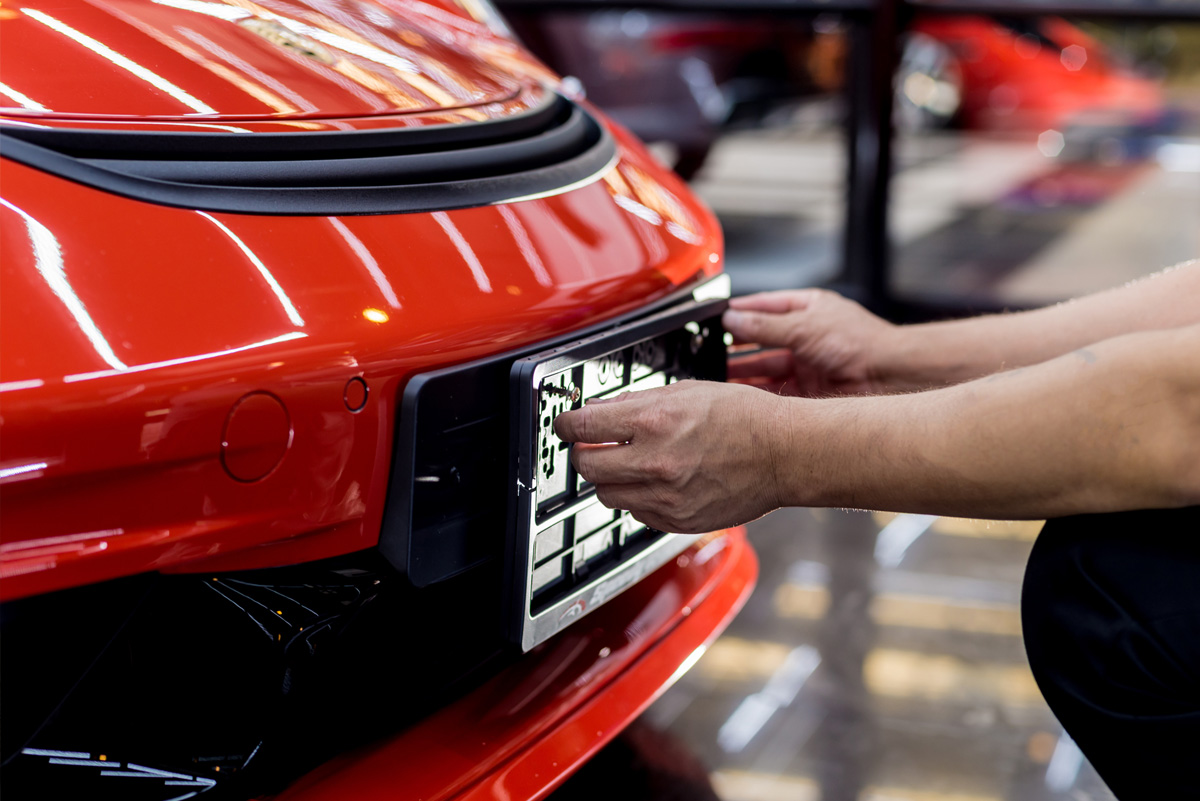The allure of private plates extends far beyond mere personalisation – it's about making a statement on the road. However, as with any form of self-expression, there are rules and regulations that govern the use of personalised plates. Navigating the legal landscape of private number plates worldwide requires an understanding of the diverse regulations that govern this unique aspect of vehicle identification.
Global Regulations and the DVLA:
The regulations surrounding private number plates vary significantly from one country to another. Some countries embrace a liberal approach, allowing a wide range of personalisation, while others have strict guidelines to ensure that plates adhere to specific standards. Understanding the regulations in your region is crucial to avoid legal complications and ensure that your personalised plate complies with the law. In the UK, for instance, the DVLA (Driver and Vehicle Licensing Agency) is a key player in overseeing and regulating private plates.
Design Guidelines, Trademarks, and Recognised Resellers:
When it comes to designing private number plates, there are often guidelines and restrictions imposed by regulatory bodies. These guidelines may cover aspects such as character size, font style, and the inclusion of symbols. It's essential for plate owners to be aware of these design parameters to create plates that not only reflect their personality but also meet legal standards. Moreover, private plates often bear a registered trademark of the driver, adding an extra layer of personalisation. Recognised resellers of DVLA registrations play a crucial role in facilitating the acquisition and adherence to legal standards for private plates.
Prohibited Content, Offensive Language, and Financial Conduct Authority:
While personalisation is encouraged, there are limits to what can be displayed on private number plates. Many jurisdictions have restrictions on the use of offensive language, hate speech, or inappropriate symbols. Understanding and respecting these limitations is crucial to avoid legal repercussions and maintain a positive driving experience for all road users. Transactions involving private plates, including transfers and acquisitions, are often regulated by the Financial Conduct Authority, ensuring a transparent and fair process.
Renewal, Transfer Processes, and Retention Documents:
In addition to design considerations, private number plate owners must be aware of the renewal and transfer processes specific to their region. Some jurisdictions require regular renewals to ensure that personalised plates remain in use, while others have specific procedures for transferring plates between vehicles or owners. Adhering to these processes is essential to maintain the legal status of personalised plates. The retention document, issued by the DVLA, becomes a critical document for individuals looking to retain their private registration while changing vehicles.
Enforcement, Penalties, and DVLA Transfer Fees:
Enforcement of private number plate regulations varies, but non-compliance can result in penalties ranging from fines to the revocation of plate privileges. Understanding the potential consequences of violating regulations emphasizes the importance of responsible personalisation. By staying informed and following the established guidelines, plate owners can enjoy the benefits of personalisation without running afoul of the law. The DVLA transfer fee, overseen by the Financial Conduct Authority, ensures a regulated process for transferring private registration numbers.
Conclusion:
In conclusion, navigating the legal landscape of private number plates worldwide requires a combination of creativity and compliance. By understanding the regulations specific to their region and collaborating with recognised resellers, plate owners can confidently express themselves on the road while ensuring that their personalised plates remain within the bounds of the law. Whether it's dateless number plates, age identifiers, or the incorporation of trademarks, the world of private plates continues to evolve, reflecting both individuality and the regulatory wisdom accumulated over years of experience.


